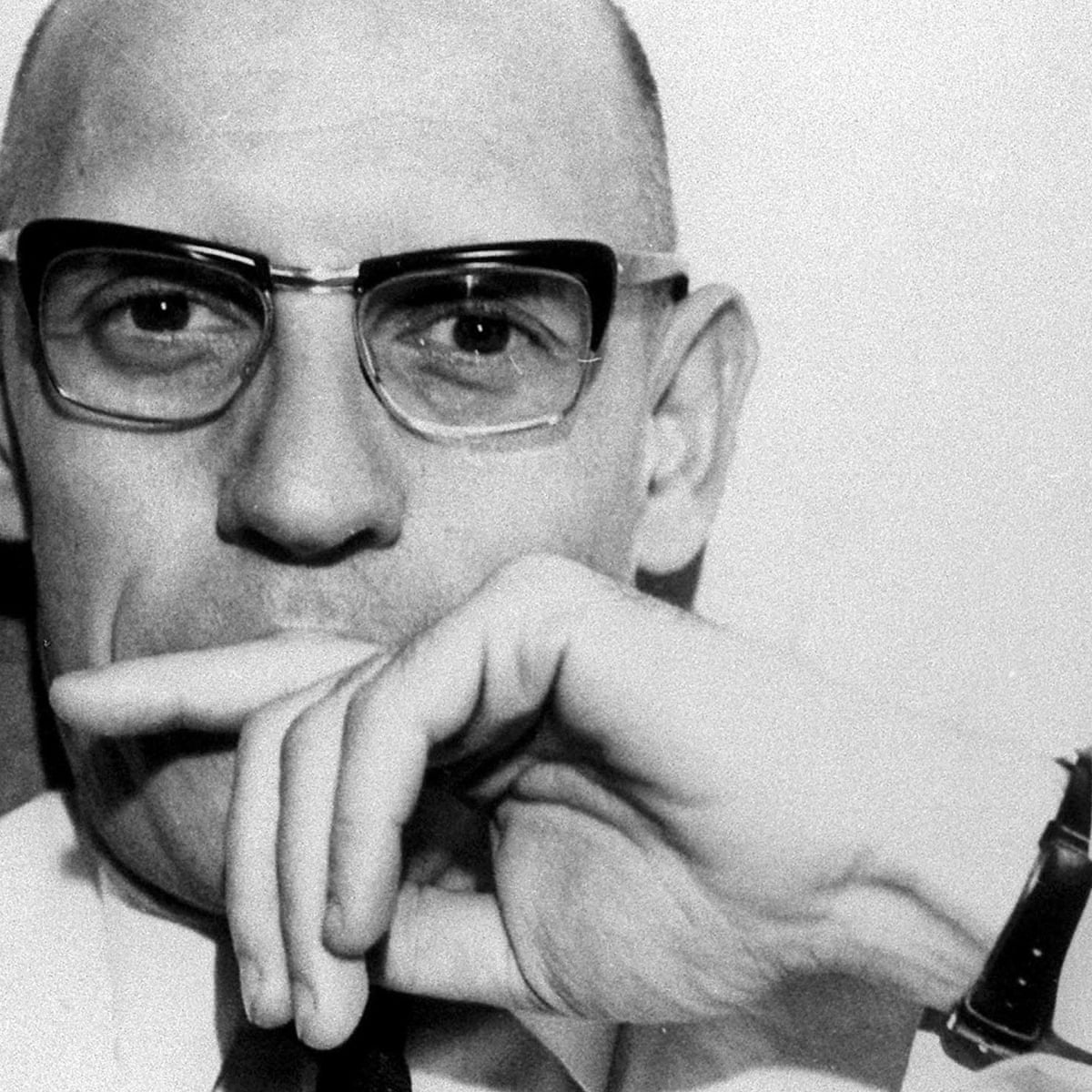One for the radical Rawlsians I've seen out and about. You know what the veil of ignorance looks like when you realise such abstract mutual recognition in the form of concrete institutional systems? Classically: juries of your 'peers'; more recently: cryptographic anonymity.
Food for thought:
1. 'Uncanny Solidarity' - https://deontologistics.files.wordpress.com/2021/01/uncanny-solidarity.pdf
2. 'Turing and Hegel' - https://deontologistics.co/2019/12/21/tfe-turing-and-hegel/
3. 'Incompetence, Malice, and Evil' - https://deontologistics.co/2019/11/04/tfe-incompetence-malice-and-evil/
4. 'The Going Price of Power' - https://deontologistics.co/2019/09/30/the-going-price-of-power/
1. 'Uncanny Solidarity' - https://deontologistics.files.wordpress.com/2021/01/uncanny-solidarity.pdf
2. 'Turing and Hegel' - https://deontologistics.co/2019/12/21/tfe-turing-and-hegel/
3. 'Incompetence, Malice, and Evil' - https://deontologistics.co/2019/11/04/tfe-incompetence-malice-and-evil/
4. 'The Going Price of Power' - https://deontologistics.co/2019/09/30/the-going-price-of-power/
The real problem with Kant is that the role the noumenal self plays in the practical philosophy does not have the same dynamic potential it has in the theoretical philosophy. We can't live in Kant's Kingdom of Ends, because it's *intractably* ideal.
Yet Kant himself gave us the tools to make it tractable: ought-implies-can is the key to the (computational) realisation of those delicate social symmetries Kant saw so clearly at the heart of practical reason, in which autonomy is not abstractly prized, but concretely realised.
Contrary to the heretical Platonism and minimalist Hegelianism that I spend a lot of my time articulating, I really do want to *live* in the Kingdom of Ends. But that means seeing myself and those around me as tethered to causal structures more complex than black box functions.
Yet at the same time, it means preserving their control over my ignorance of these causal structures, in order to that protect the autonomy that I prize so highly. This is why Foucault is the greatest inheritor of Kant's theory of freedom, because he understood this concretely.
If Land's evil comedic genius is to peddle Hegel to Nietzscheans reacting against Hegelianism/Marxism (cf. Bataille), Foucault's strategic genius was to peddle Kant to the same demographic. From transcendental psychology to transcendental sociology, to the end of autonomy.
This turned out not to be popular with existentialists, who've always had a taste for the more abstract side of Kant's conception of freedom, and he got accused of having no concept of freedom despite being the most subtle thinker of freedom the French academy produced.
This misunderstanding is the one thing I'll never really forgive Badiou for, no matter how much I've warmed to him over the years. Badiou is, at the end of the day, an existentialist, albeit a mathematical one. Foucault understood Kant and Heidegger's takes on freedom better.
Where does this leave us with Rawls? Well, I don't really know my Rawls very well, or my Habermas for that matter. I've got a smattering that needs bolstering at some point. But I see the radical legacy of Kant as essentially illiberal, and I'm ready to fight for it.

 Read on Twitter
Read on Twitter




